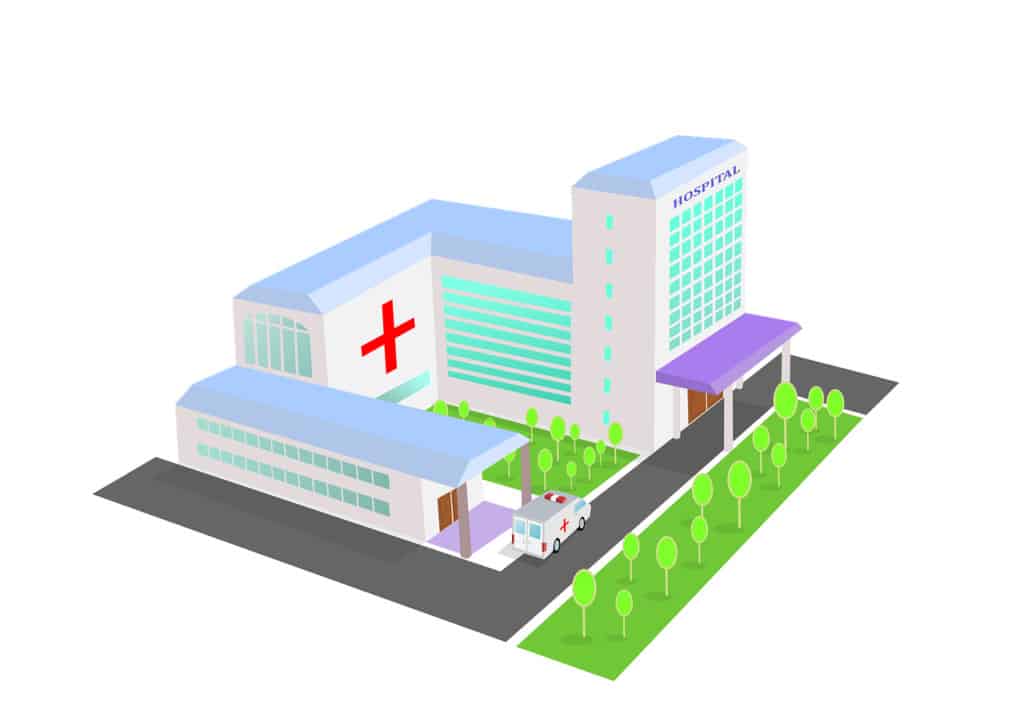Last Updated on January 2, 2021 by The Health Master

Designing a project for providing unbiased information on drugs and their rational use even after the patients are discharged from IP wards, the department of clinical pharmacology and research (DCPR) at the Ruby General Hospital (RGH) in Kolkata, the oldest multi-speciality hospital in West Bengal, has opened an in-house drug information centre (DIC) targeting own patients and health staff.
The DIC comprises seven clinical pharmacists including one Pharm D professional, as its chief, and six post graduates, three each in pharmacology and in clinical pharmacy practice (M Pharm).
The centre provides counseling to patients who receive treatments from RGH and share information on rational use of drugs and their side effects to the health staffs including doctors.
Although, at the outset, the services of the information centre are restricted to the in-house members and the hospital patients (both at discharge and ongoing treatments), the DIC will gradually become a common centre of drug information for the whole area of the state.
Also read | India will have C-19 vaccine within days: AIIMS
Further, the services will be extended to all the states in the north east, says Dr. Arpan Dutta Roy, chief clinical pharmacologist at the information centre.
He said, now-a-days, in addition to the general enquiries, patients of COVID positive cases are also calling over the phone and they provide information on management of the disease and care for other members in the family.
Dr. Arpan says that today there are increased risks of drug interactions and drug-food interactions. The conventional source of obtaining information was through medical representatives and product profiles which might be biased.
Today’s clinical pharmacy services can help patients a better understanding of medicines for a rational use and for the safety of their health.
However, the problem the DIC is facing is that the people in Kolkata and in other parts of the state are neither aware of drug information centres nor of clinical pharmacy services. So, the centre is not getting any support from anybody other than the hospital management.
The centre is sharing all the data it collects every week with the Pharmacovigilance Program of India (PvPI).
“We have a designated e-mail id and an on-call phone number where a patient can call us or email us for their medication related problems. Every day we get a minimum of 10 to 15 telephone calls and 5 to 6 email queries from patients discharged from our hospital.
The patients are discharged with sufficient medicines, but after reaching home they have a lot of queries about symptoms and consumption of drugs and foods. We will explain to them in simple general language and if the question needs discussion with concerned doctors, we will do it and pass the information on to the patients.
If the question is exclusively on pharmacology related matters, we will answer them at once”, said Dr. Arpan.
According to Dr Arpan, in West Bengal and in other parts of the north east, the services of pharmacists in a hospital are still restricted to dispensing of drugs and maintenance of stocks and records.
It is very recently only that the pharmacy services have been started in patient wards in West Bengal and that too only in the NABH institutions. He said commencement of clinical pharmacy services and drug information services in RGH will change the conventional system of pharmacy profession in the state.
The contact number of the DIC is -8820201339.
The Health Master is now on Telegram. For latest update on health and Pharmaceuticals, subscribe to The Health Master on Telegram.
Follow and connect with us on Facebook and Linkedin
Go to main website, click here


